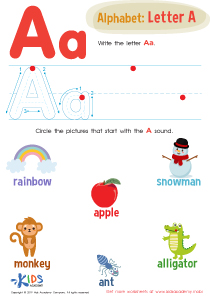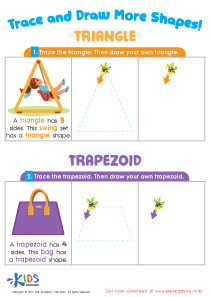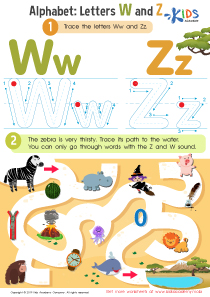Foundational Reading Lessons | Syllables, Grade 2
0 results
Our Syllables Lessons for Grade 2 students are designed to enhance their language skills in a fun and engaging way. Through interactive worksheets, educational videos, and assessment quizzes, children will learn how to identify syllables, break words into appropriate syllables, and use them to build sentences. Our program is perfect for children who need additional support in mastering language skills. These lessons are designed to help students grasp the concept of syllables quickly and efficiently. With our Syllables Lessons, children will be well-equipped to communicate effectively and confidently in any language-based environment.
As children progress through their primary school education, they must learn various language skills that prepare them for higher levels of learning. One of these essential skills is syllabication. Syllables lessons are designed to help children in Grade 2 understand what syllables are and how they function within words. These interactive lessons can be incredibly helpful to children in their studies as they build the foundation they need to develop their reading, writing, and speaking skills.
Syllables lessons typically consist of interactive worksheets that include activities and exercises specifically designed to help children understand and differentiate between different syllable types. Students also have the opportunity to watch educational videos that introduce them to the concept of syllables and provide examples of how they function within words. These videos can be an excellent resource for children who learn best through auditory and visual cues.
The assessment quizzes that often accompany syllables lessons allow children to test their understanding of the material covered. They can also help teachers gauge which areas of syllabication are most challenging for the students. Through the assessment quizzes, teachers can provide focused attention to the students who require more support, thus encouraging the development of the necessary skills.
Syllables lessons can help children in several ways, including:
1. Enhancing Reading Comprehension
The ability to read well is crucial for academic success; therefore, students must understand and differentiate syllables within words to read effectively. Understanding syllables helps children understand how words are pronounced, giving them the confidence to recognize and read words accurately. As a result, their reading comprehension skills are enhanced.
2. Improving Writing Skills
Syllables lessons impact writing skills by helping students identify the syllables in words. By identifying syllables, children can break down words into smaller parts, making them easier to spell. As a result, writing skills improve as spelling accuracy increases.
3. Enhancing Speech Articulation
Proper articulation plays a significant role in effective communication. Since syllables lessons help children to identify and pronounce words correctly by breaking them down into syllables, they will speak with more confidence and clarity.
4. Boosting Listening Skills
Children with improved syllable understanding tend to be better listeners. They can identify and differentiate syllables, especially when tackling complex words. It means that the student will rely on their listening skills to process the syllables accurately, leading to better understanding of language usage and grammar.
In conclusion, Syllables lessons can be incredibly beneficial to children in Grade 2 regarding their linguistic development.















